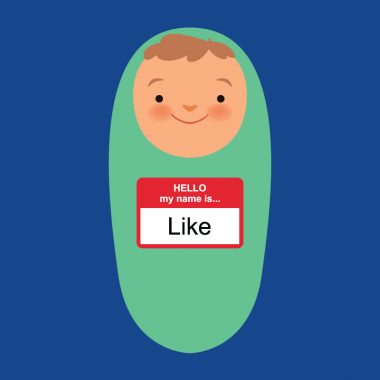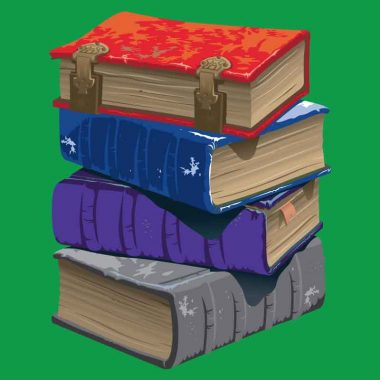Words To Remember Every 13 Years
A vociferous buzz that radiates throughout parts of the United States makes the news—once every 13 years. From the brilliant first light of day to the still and dark of night, a serenade is being sung. It is a mating call years in the making. Millions of cicadas come up from their underground bedrooms after completing a very long incubation period. The largest variety of 13-year …








